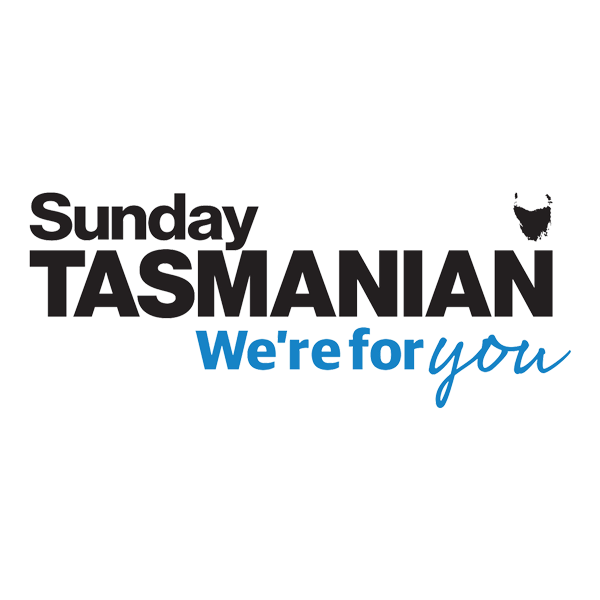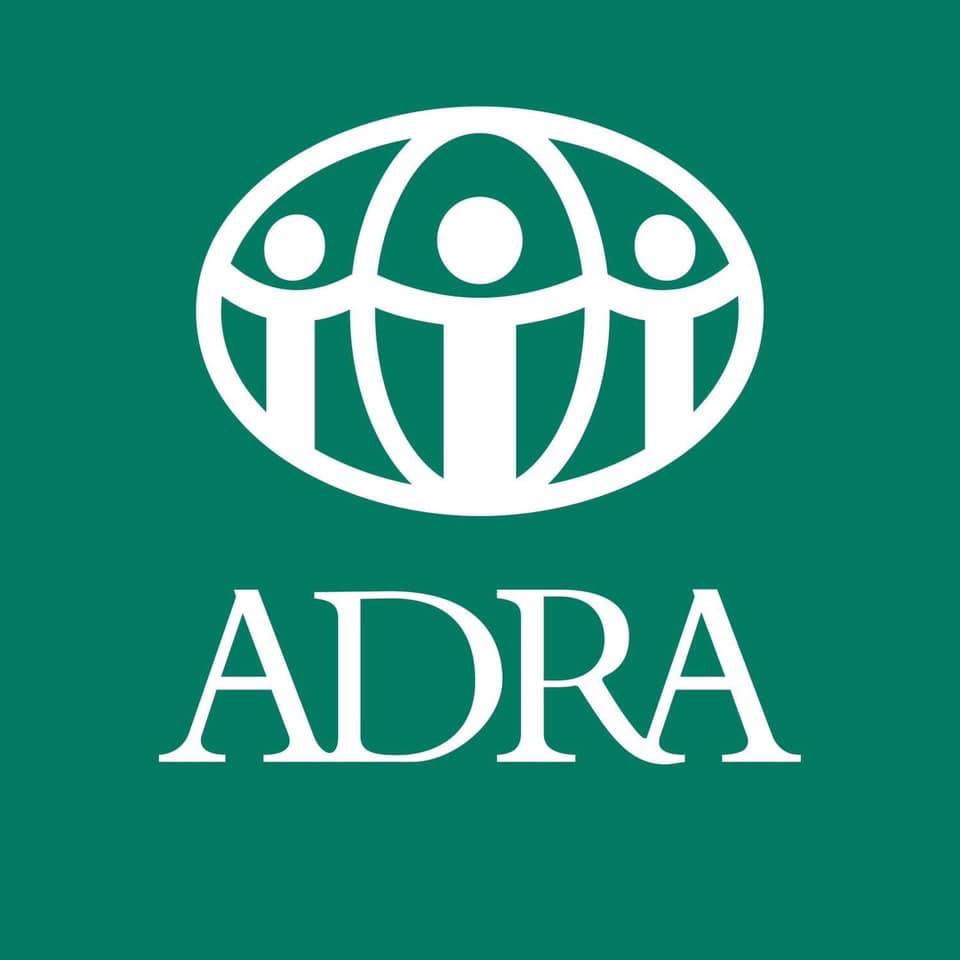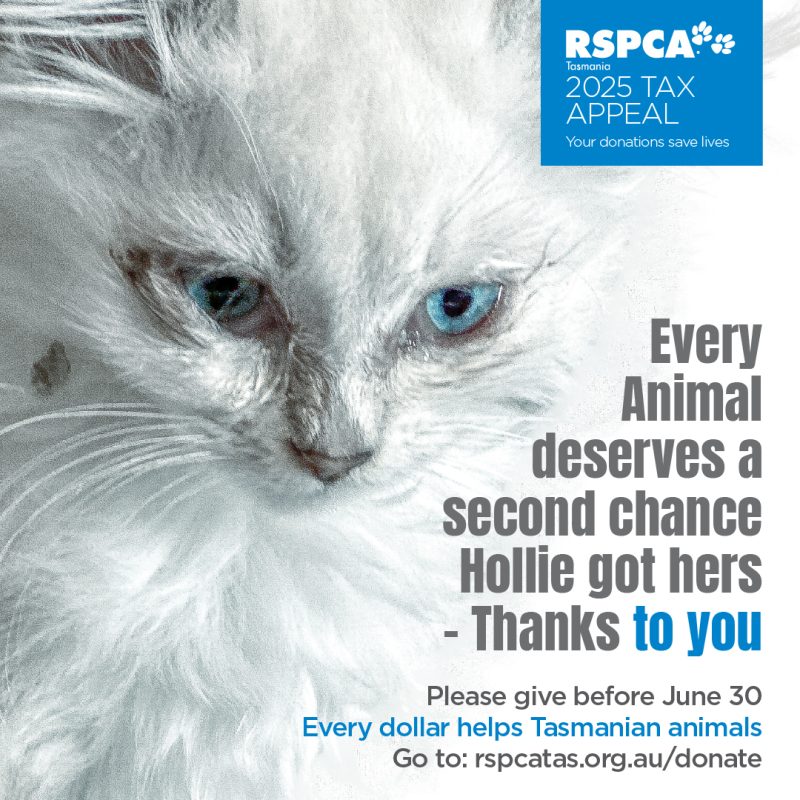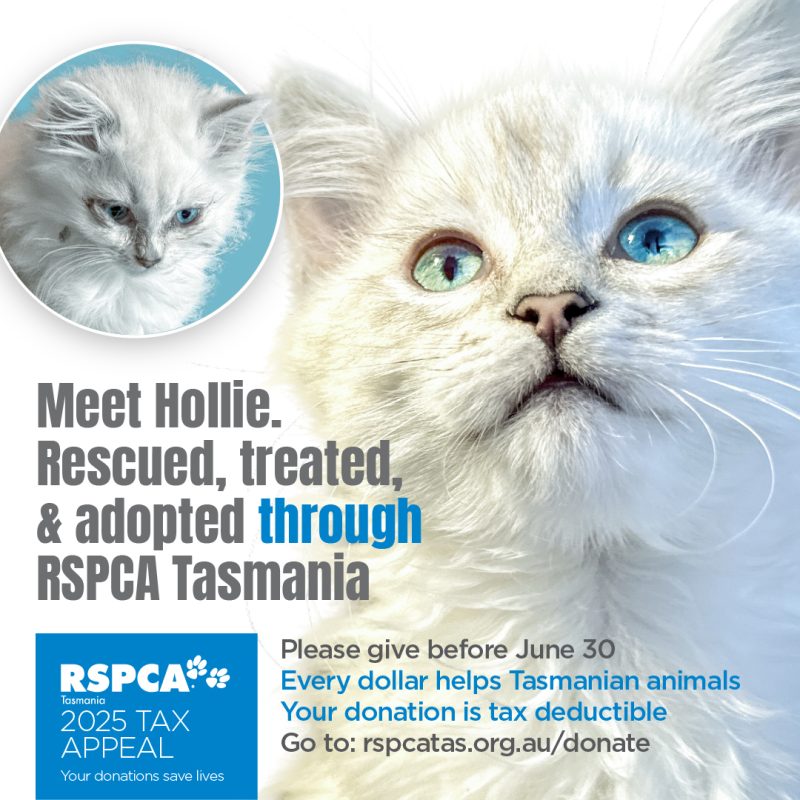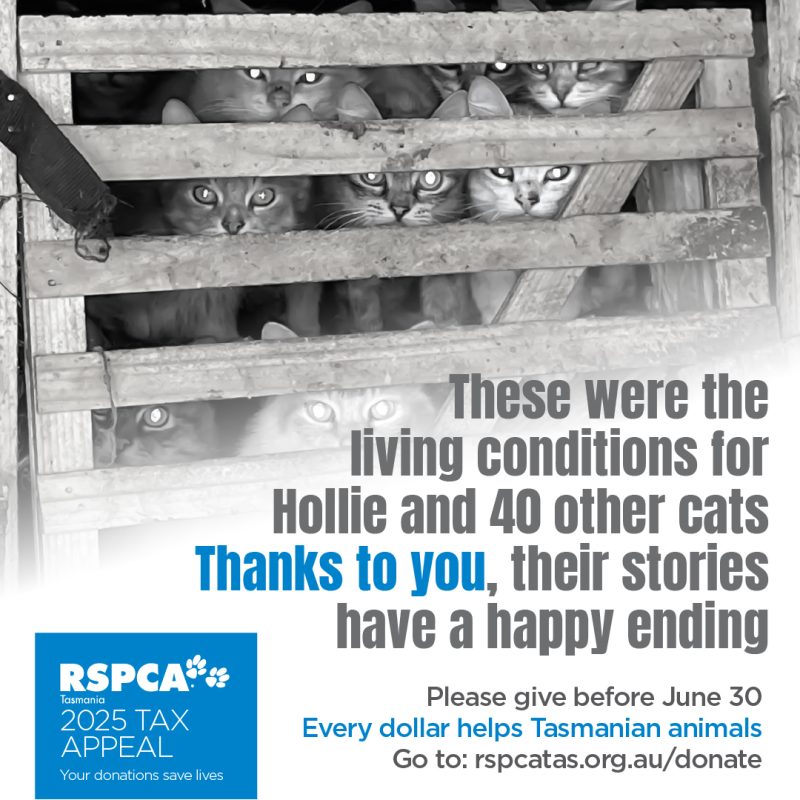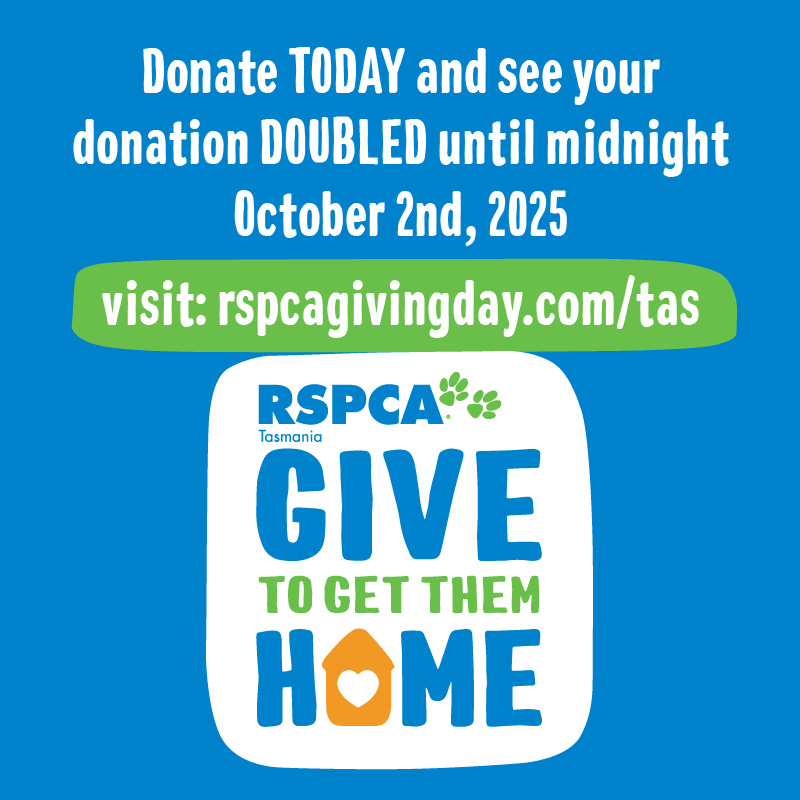People have long been fascinated by fireworks.
Scientists tell us the unexpectedness of colour is why fireworks are so captivating; even if we wanted to, we’re hardwired not to look away from the light, and we seem to be excited by the anticipation of a slightly scary experience.
Unfortunately, they can be terrifying and dangerous for animals – and for vulnerable people too.
Many pets go missing as they try to escape loud noises and bright lights. It’s not uncommon for dogs and cats to break through windows and screen doors or dig under fences in a panic. They end up lost or hit by cars. There are frequent reports of horses harming themselves by crashing into stable doors and over fences.
And that’s why the RSPCA wants to see fireworks regulations strengthened to protect our pets, wildlife, and farm animals.
Once again, Tasmania is lagging behind other jurisdictions.
The sale of fireworks to the public is illegal in every Australian jurisdiction except Tasmania and the Northern Territory. Most states banned the practice in the 1980s.
The RSPCA believes it is long past time for the government to consider the devastating impact of fireworks on animals, and introduce further restrictions on their use and sale in a bid to lessen the harm they suffer.
To continue to do nothing will be bang out of order.
What you can do to keep your pets safe on Cracker Night
If you can, it’s best to stay home with your pet so you can be there to reassure them. If you’re not going to be at home, make sure you provide them with a safe, secure and comfortable environment. Whenever possible, bring your pet indoors. If your pet has ongoing trouble with loud noises, you might like to speak to your vet to discuss all your options.
Here are some simple steps to minimise firework stress in pets and other animals:
- Ensure your pets are wearing ID tags and their microchip details are up to date.
- If you know a storm is coming, or fireworks are planned, ensure your pets are exercised and well fed before the storm starts.
- Leave the TV or radio on to mask any sounds.
- Remove any sharp objects that might cause injury to a panicking animal.
- Birds and small animals like guinea pigs, rabbits and ferrets can also become distressed from fireworks. Bring their cages or hutches inside if possible and provide extra bedding or cover their cage with a thick sheet to allow them to hide.
- Horses are particularly vulnerable to bolting when exposed to fireworks, so make sure to securely stable them away from firework noises.
- Wildlife can also be affected by the unexpected noises and bright lights fireworks produce. Contact your local wildlife carer group if you see anything of concern.
- Remember that firework debris is toxic if ingested by animals.
People planning firework displays should ensure neighbours and pet owners in the immediate vicinity are given appropriate notification. Advertising displays in advance is so important – as it can give people vital time to plan and prepare for the distressing experiences their pets may face.
If your pet does become lost, contact your local council and nearby care centres like the RSPCA. If you find a lost pet, either take them to the address on their tag or take them to a local care centre or vet. Social media can also help reunite lost pets with their families.
You can find more information to help keep your pets safe on Cracker Night here: https://kb.rspca.org.au/knowledge-base/how-should-i-care-for-my-pets-during-fireworks-displays/#references
MEDIA CONTACT
Jan Davis, Chief Advocate – RSPCA Tasmania
Mobile: 0409 004 228
Email: jdavis@rspcatas.org.au


